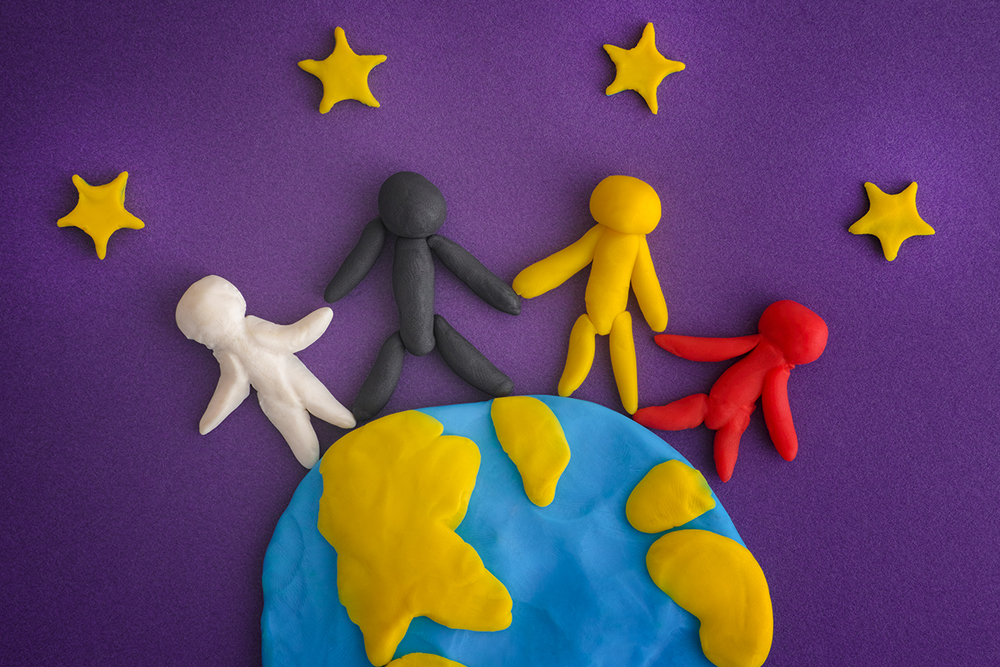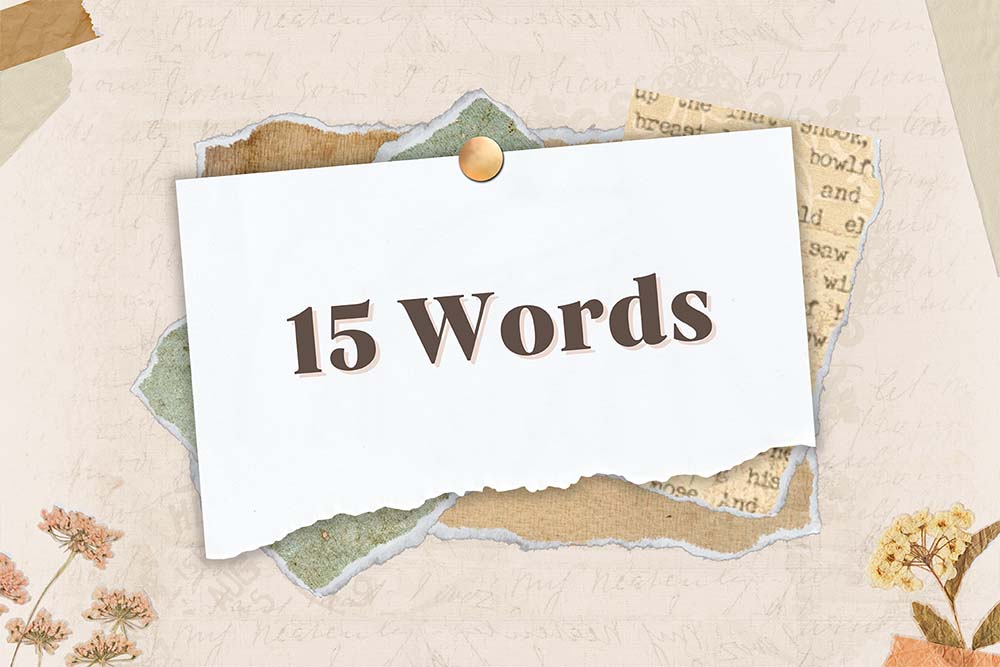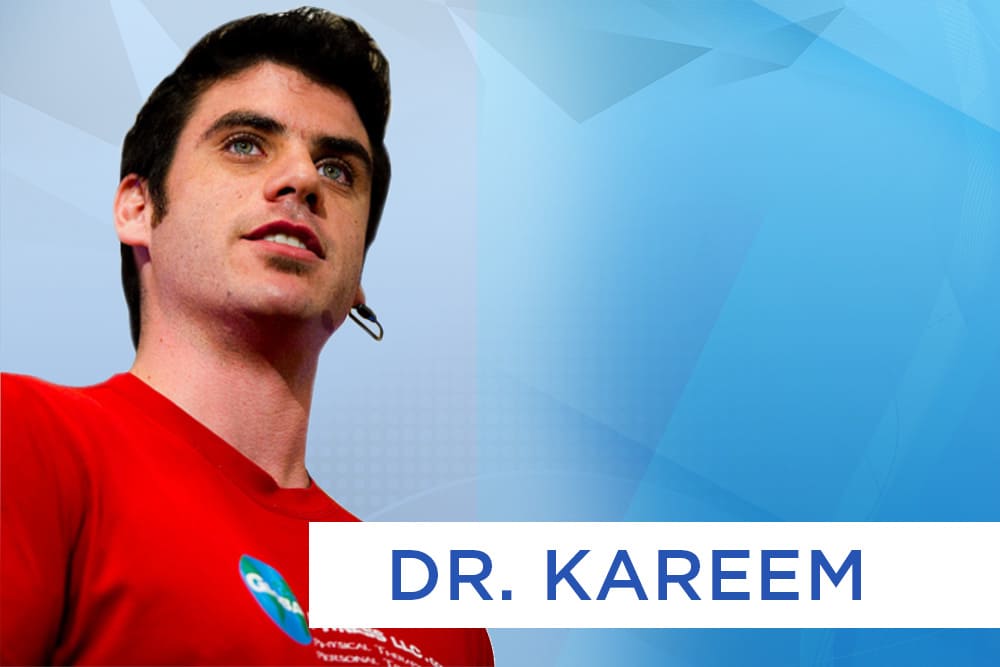What does ‘honor’ mean to you?
For many, it means doing the right thing; for others, it’s about keeping your word, standing up for what is “right”, or doing selfless acts in the name of something greater than yourself.
No matter your definition, what’s important to understand is doing the ‘honorable thing’ may mean different things at different times.
In other words, what is honorable today may not be the same tomorrow. Hardened beliefs — with emotional attachment — lead to stubborn acts of honor, but they neglect the fact that life is ever-changing and a tiny bit of information can completely change perspective.
For example:
Is it honorable to save someone yelling for help who is getting beat up in a dark alley?
At first glance, definitely. Yet, what if the person who is getting beat up just pulled a gun on someone else, or was pulled off a woman who was being sexually abused and that woman is now hiding for protection? The timing of you walking by may give you one impression, but it may not be the whole picture. With a tad bit more information, you may completely change your perspective.
Is it honorable to cut off someone’s leg when it’s poisoned with dead tissue and will ultimately kill them if the infection spreads?
Again, you might think so. But, what if a doctor from another country were to fly in, with a cutting-edge protocol to insert stem cells and re-grow the tissue, ultimately avoiding the amputation altogether? What is honorable today may not be honorable tomorrow due to medical advancements in this example.
Is it honorable to blindly follow religion, based upon a leap of faith?
Sure, there’s honor in trusting God. However, what if we later found out someone fabricated the teachings, modified the word of God, and incentivized you to take action that would ultimately harm humanity? This is a near and dear example for many of us, as we think about religious organizations based upon extremism, like ISIS. Children — and adolescents — are being recruited and brainwashed before they know how to read and understand religion on their own. They are being “read” the Quran, but with ad-lib modification that suits the leaders’ goals, in order to convince the student he will go to “paradise” should he sacrifice himself in the name of God. When considering his options — with a family that can’t put bread on the table and who will get paid for life if he kills himself — and choosing not to burn in hell forever, he chooses to make the greatest sacrifice “in the name of God”. But, what if he had the information we have? What if he knew the information being taught to him is partially true and partially fabricated, and the suicide mission wasn’t necessary? Would he still make the same decisions or completely change his actions and intentions?
You see, new information changes perspective, and perspective changes reality. This is why it’s so important to observe our beliefs instead of harden into them. What we see is not real; it’s only an imaginative construct of what we know — or understand — so far.
The moment you shift your perspective to ‘observer’ of the world instead of ‘actor’, the moment you change your life. When you feel tense, and you observe this feeling, you might notice someone in your immediate environment is feeling tense, and you’re mirroring them. You might notice the feeling is not actually yours, and what you’re experiencing is an effect of something called ‘mirror neurons’, which can be quite confusing.
You have the ability to feel how someone else feels; then, your conscious brain attempts to rationalize what you are experiencing to make sense of it. In the absence of information it’s someone else’s feeling — rather than your own — you can easily get confused and create an explanation that is not real. Instead, when you ‘observe’ how you feel — rather than experience it — you may begin to notice other people around you, step away from the environment, and realize it was never your emotion; it was theirs.
So, when you know about mirror neurons — and understand your emotional response may not be your own — you become empowered to use a positive emotional state to affect the other person in reverse. Imagine the scenario that everyone knows about mirror neurons and how they can use them to help others feel better; what would this world look like? Would negative emotions last or be fleeting?

Are your emotions actually yours?
Next time you feel an emotion, observe it instead of feeling it. Regardless of the story your conscious mind tells you, consider another explanation and see if you can positively affect someone else in your environment by doing so.

Revisit honor. What does it mean to you now? Is honor simply doing what you feel is right in the moment, but without any attachment towards discovering a new perspective in time?
Sent to you with love, compassion, and gratitude,


About Author
Dr. Kareem Samhouri
Dr. Kareem Samhour is known as (perhaps) the best Doctor of Physical Therapy & Kinesiologist on the internet. People come to him for results when other methods fail, injury gets in the way, or health situation is more complicated. Dr. Kareem Samhouri exercising In fact, he and his companies reach a combined total of 1.5 MILLION people on a daily basis to help them with their health. If you ever saw Dr. Kareem on the street and mentioned something was going on with your health, however, he would volunteer and offer to help you for free... that's the Dr. Kareem way.







